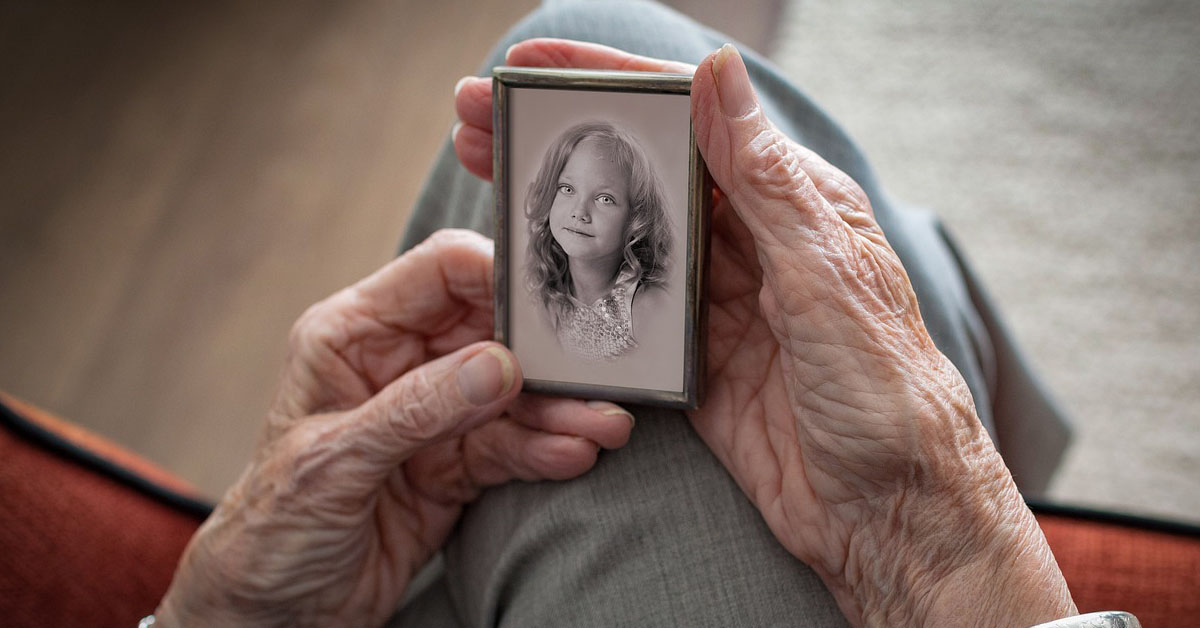
More than 1 in 4 Patients Refuse Home Health – Which is An Improvement
In February, Trella Health released its 2020 Industry Trend Report. This report analyzes Medicare data to make observations in different healthcare sectors including home health. Among several interesting details is the fact that one in four patients refuse their home health referrals. When they are discharging from a hospital and receive a recommendation for home health, they turn it down. Considering what happens to patients who refuse home health, industry experts find this a startlingly high number. Comparing Trella Health’s 2020 report to the 2019 report, you can find good news, though. These two reports show home health acceptance on the rise. Between 2019 and 2020, the home health non-adherence rate fell from 40% to 28%.
What Happens to People Who Refuse Home Health
People who refuse home health at hospital discharge do not save money, and they do not fare well. On average, patients who refuse home health cost $15,233 more in one-year medical expenses compared to the patients who accept their home health referral.1 These higher costs accumulate even though patients who refuse home health tend to be younger, better educated, and healthier than those who adhere to home health recommendations. Worse yet, patients who refuse home health have double the rate of hospital readmissions and 25% higher mortality rates.2
Do People Turn Down Home Health Because They Can’t Afford It?
In the U.S., nearly one in ten people report delaying or denying health care due to cost. However, the studies cited above analyzed Medicare data. All subjects had good insurance. Furthermore, original Medicare pays 100% for home health. When people qualify and have original Medicare, they have no deductibles to meet, no copays, and no cost sharing of any kind. If patients with original Medicare turn down home health over cost worries, that stems from a misconception. What’s more, the research shows home health saves money over the next year on average by improving healthcare outcomes. Improved outcomes now mean fewer trips to the doctor, hospital, and emergency department later. Those later services cost patients more in the long run.
Why Do Patients Turn Down Home Health?
Even though this significant problem occurs at high rates, the scientific literature offers little analysis of why patients refuse home health. An expert roundtable did address this question recently. The Alliance for Home Health Quality Innovation published the results.3 In those results, the general theme to emerge revolved around underappreciation of the work performed by nurses and physical therapists. People who are less ill, younger, and better educated may be more likely to believe they can do those skilled medical tasks themselves. This would include tending wounds, monitoring health, and ensuring correct implantation of exercise therapy plans without the assistance of trained healthcare professionals.
With mortality rates increasing 25% and hospitalizations doubling, this assumption appears to be a costly and deadly underestimation of the situation. Hospitals and other facilities offer home health to a small percentage of their patients. If they offer it to you or someone you care for, take them seriously.
References
- Xiao R, Miller J, Zafirau W, et al. Impact of home health care on health care resource utilization following hospital discharge: a cohort study. The American Journal of Medicine. 2018; 131 (4): 395-407.
- Topaz M, Kang Y, Holland D, et al. Higher 30-day and 60-day readmission among patients who refuse post-acute care services. American Journal of Managed Care. 2015; 21 (5): 414-433.
- Levine C, Lee T. “I can take care of myself!” Patients’ refusals of Home Health Care Services. A report from a Roundtable Sponsored by United Hospital Fund and the Alliance for Home Health Quality Innovation. 2017 May; ii – 19.






